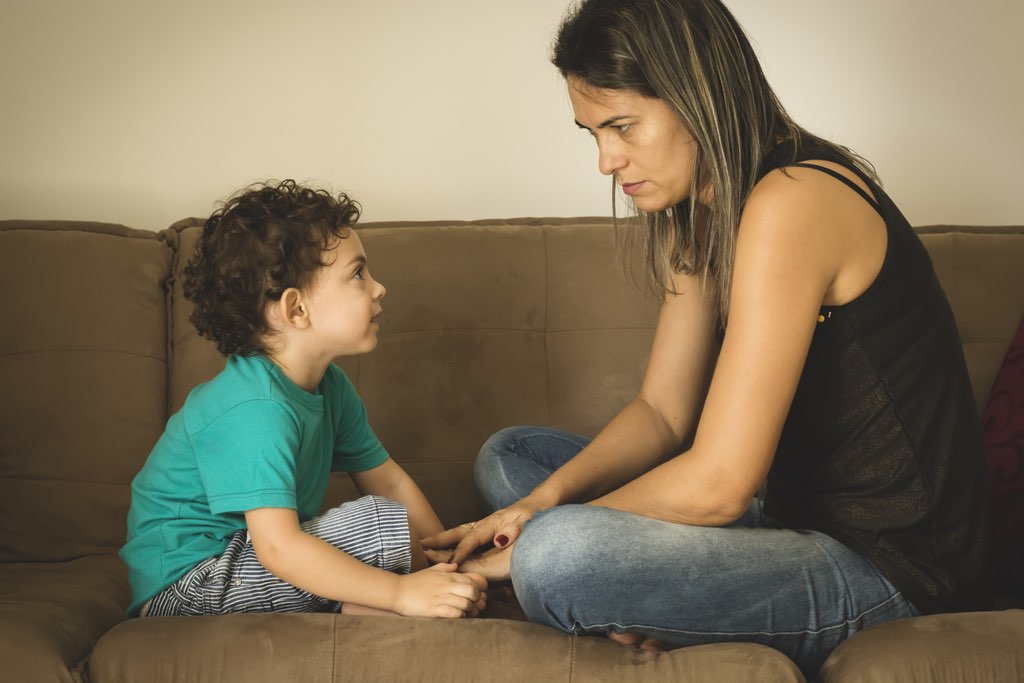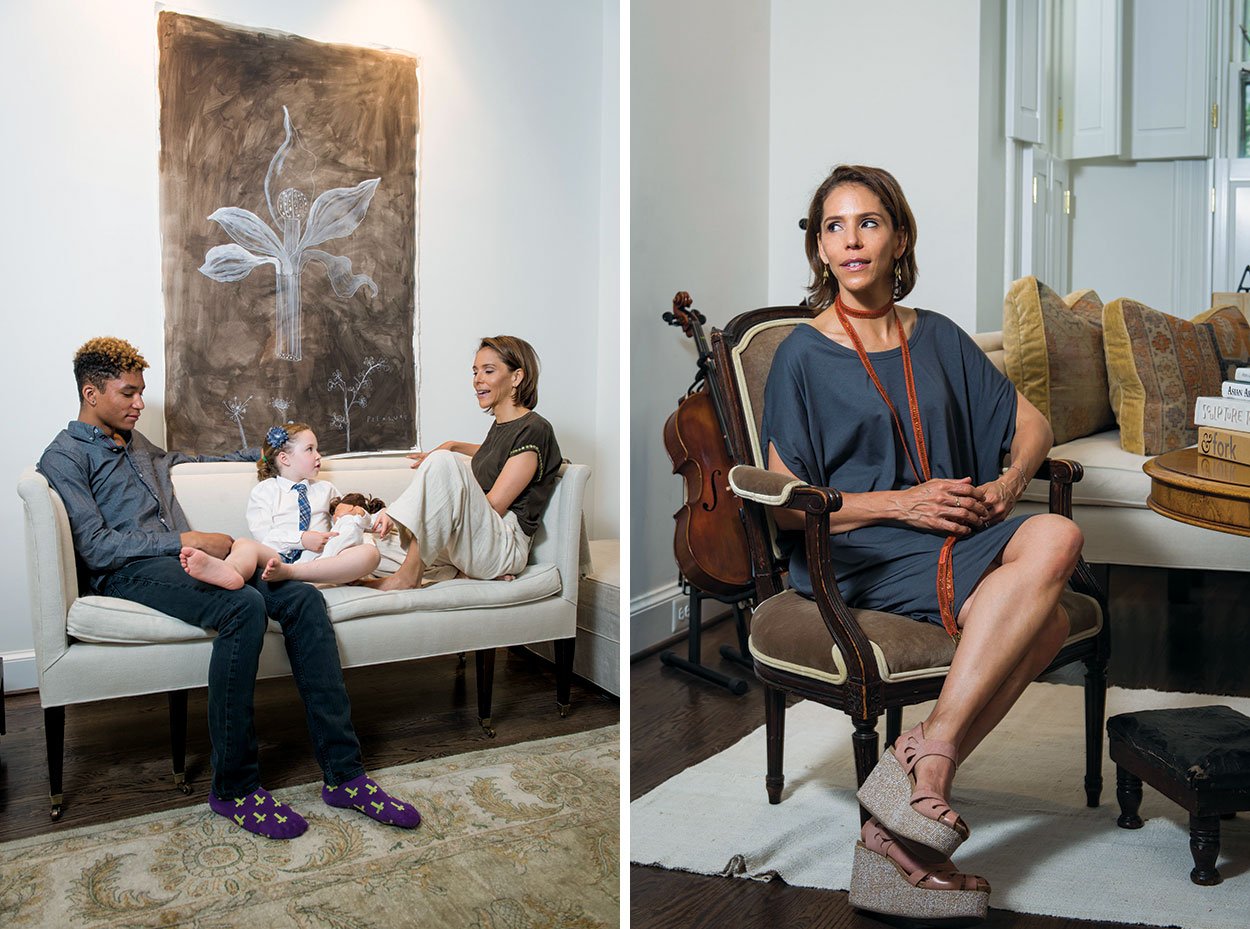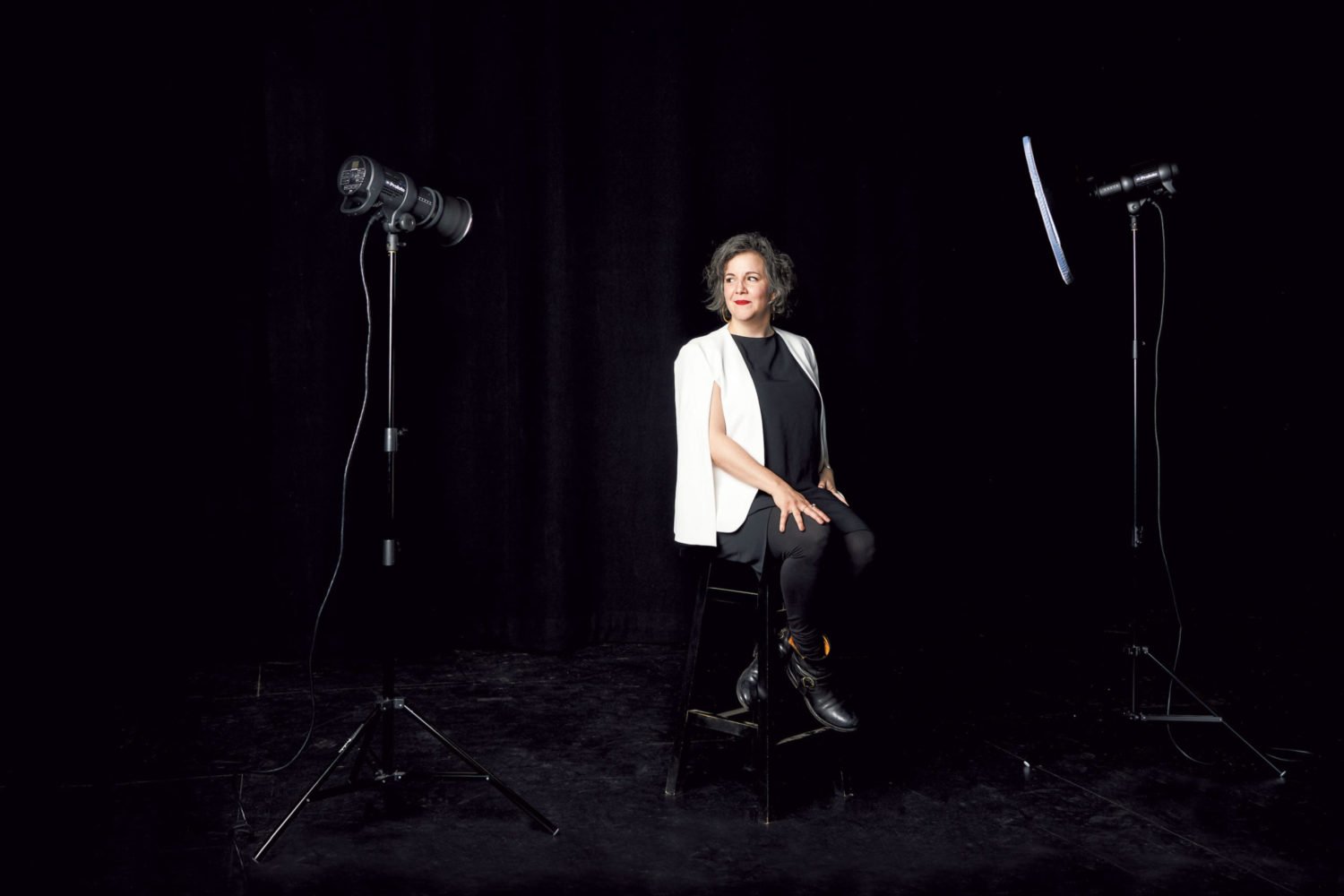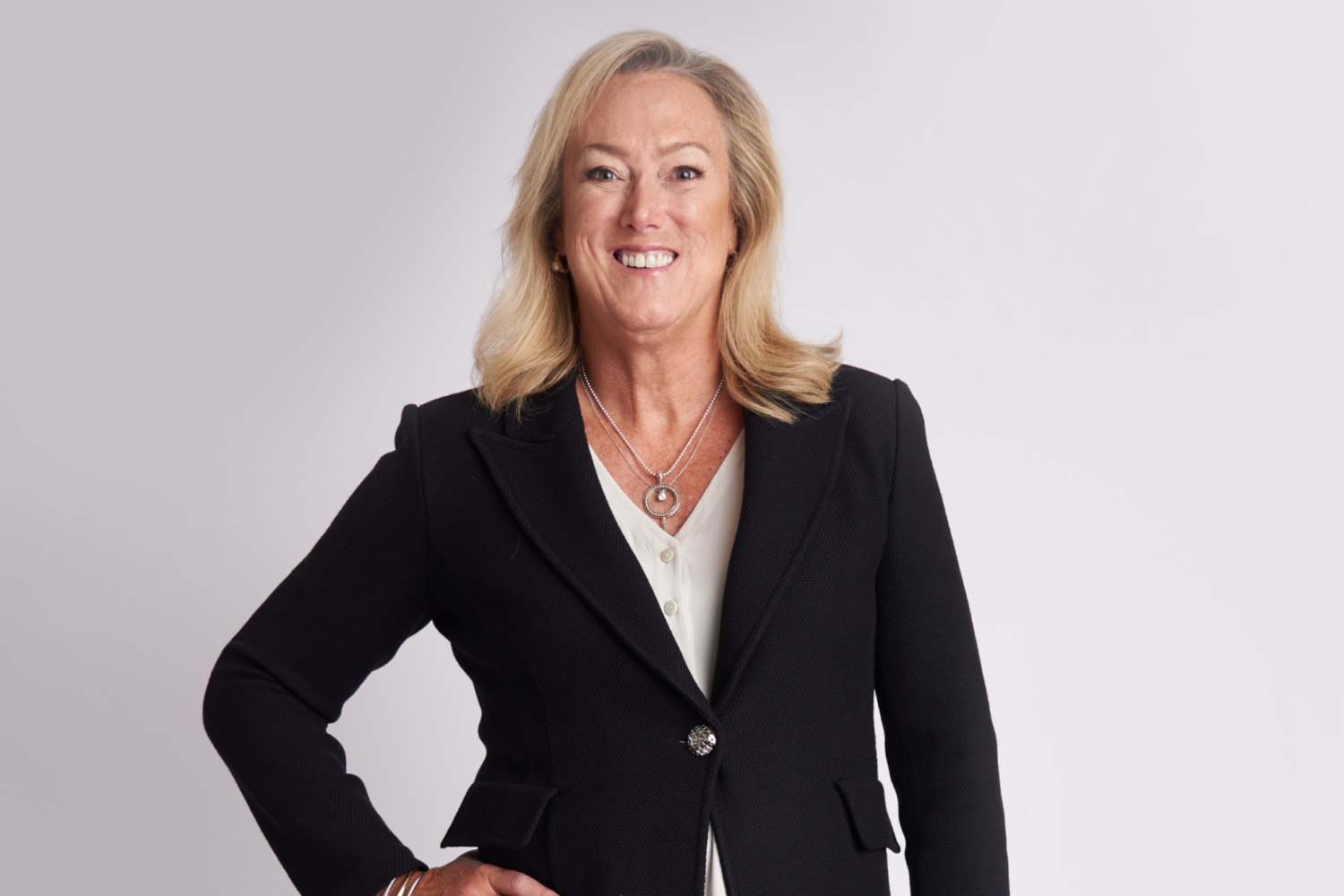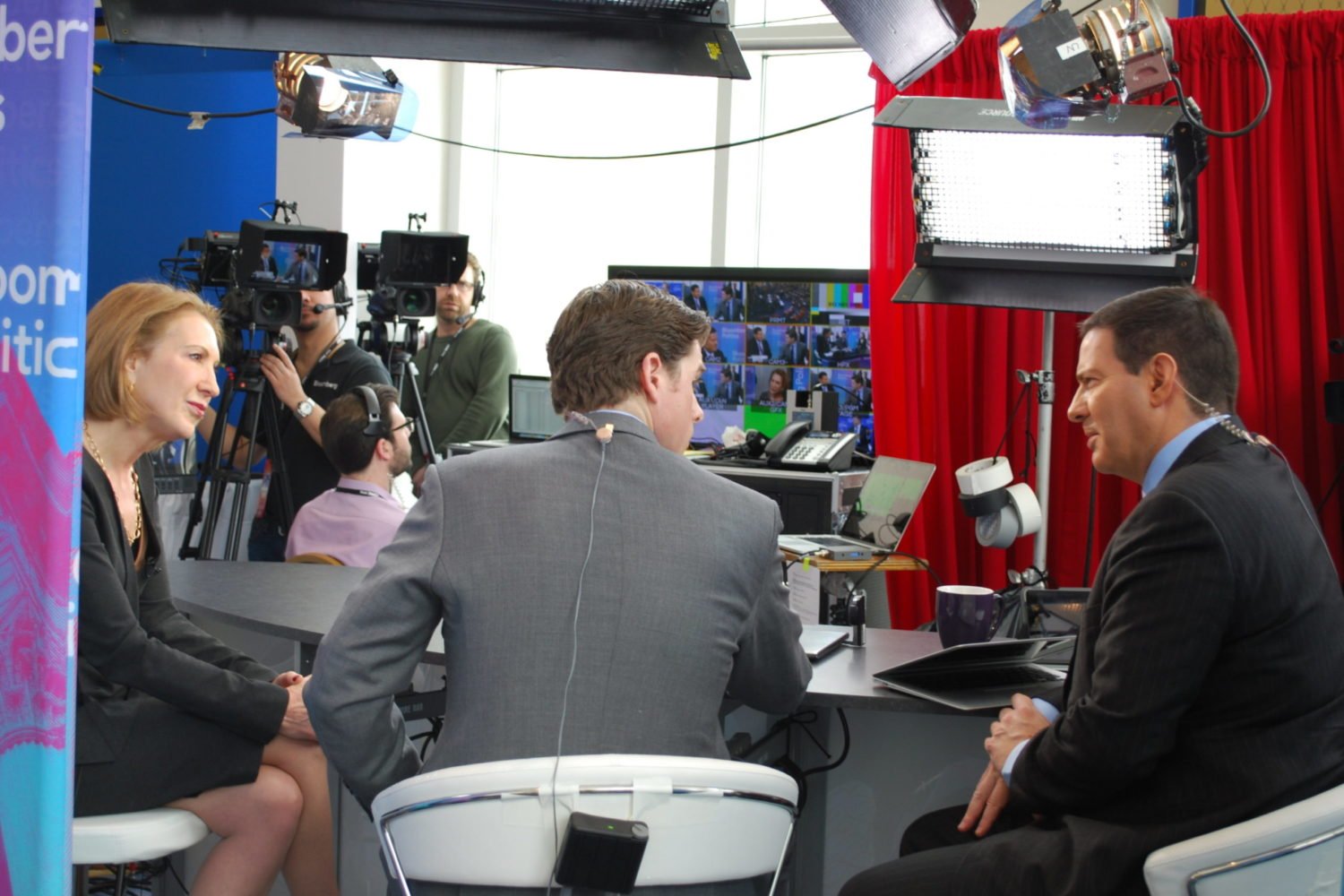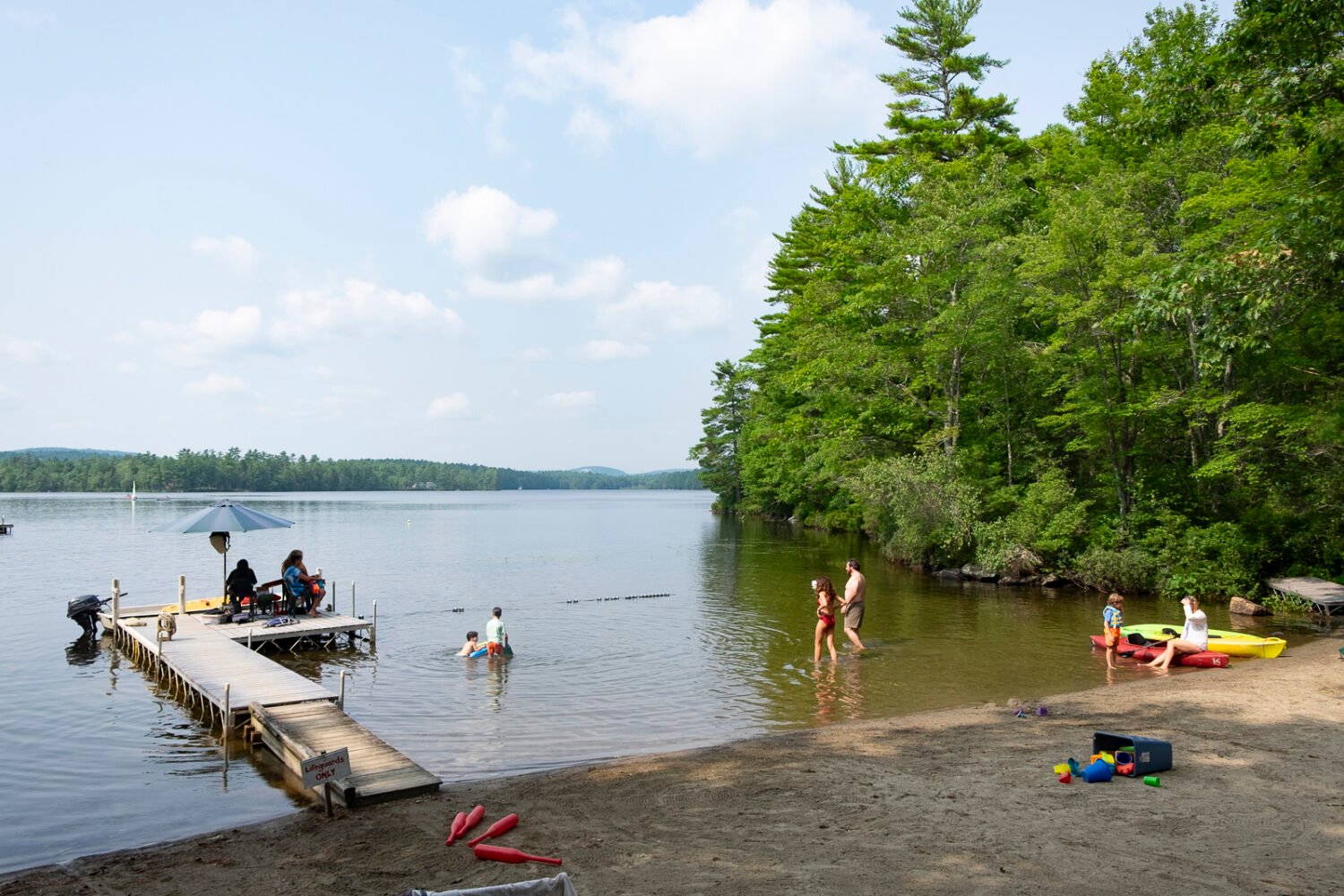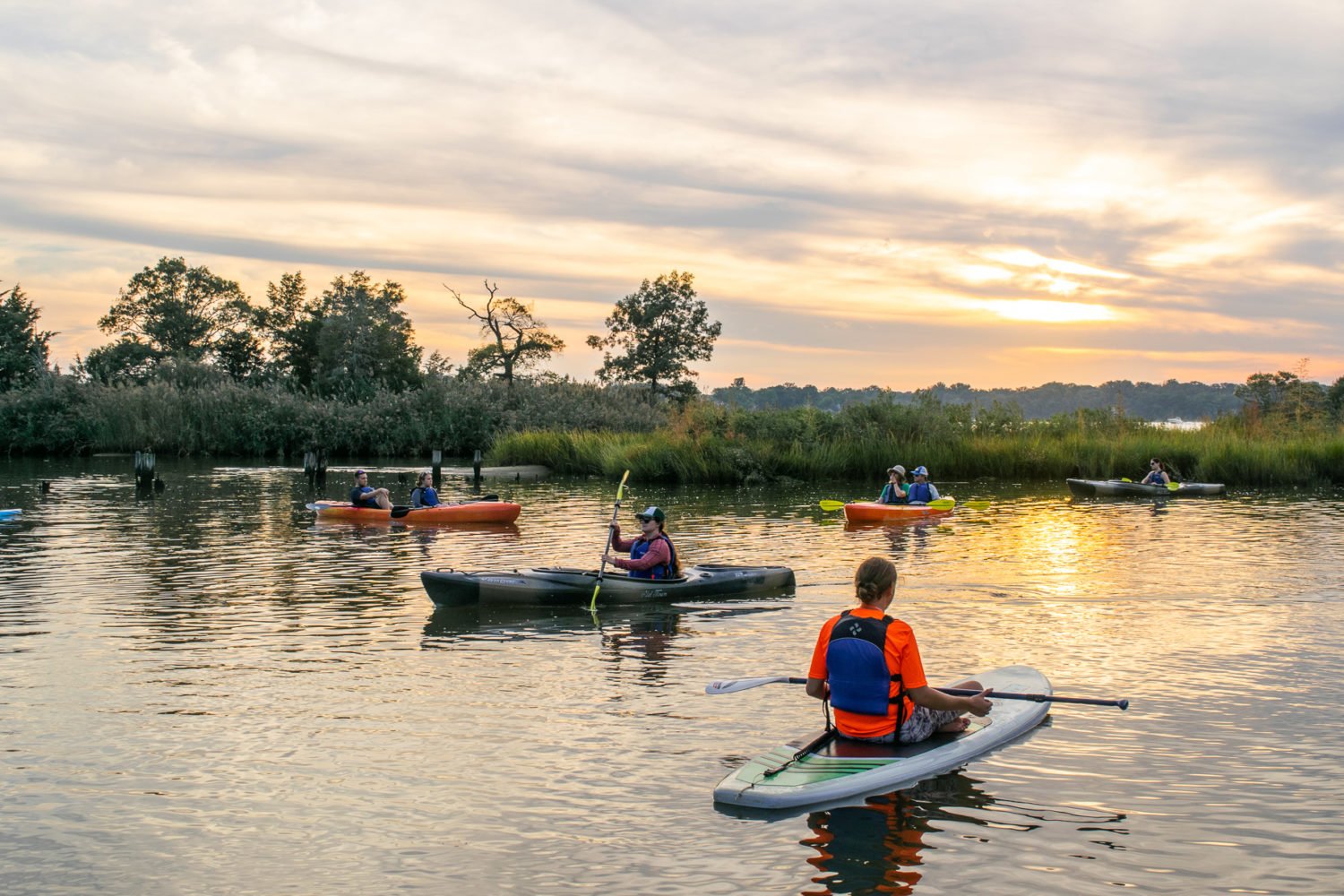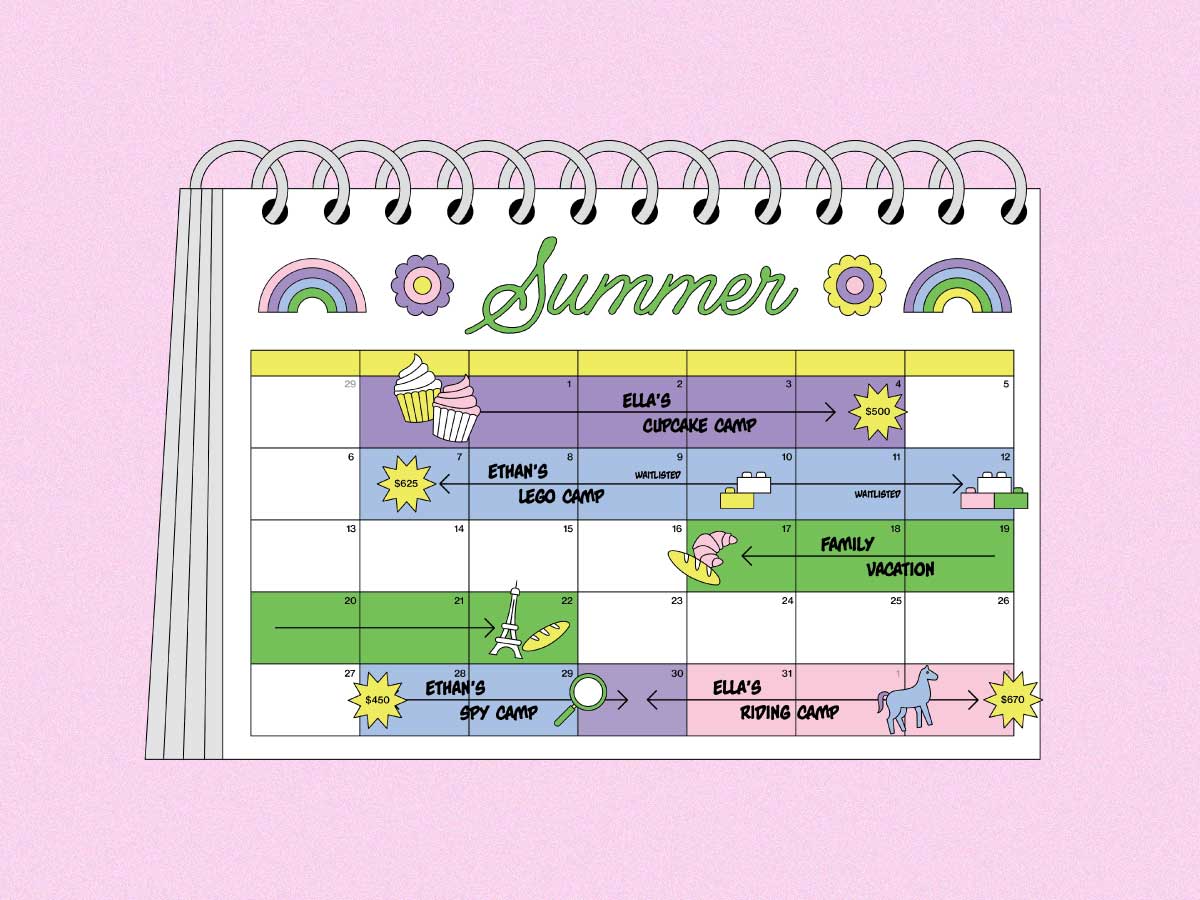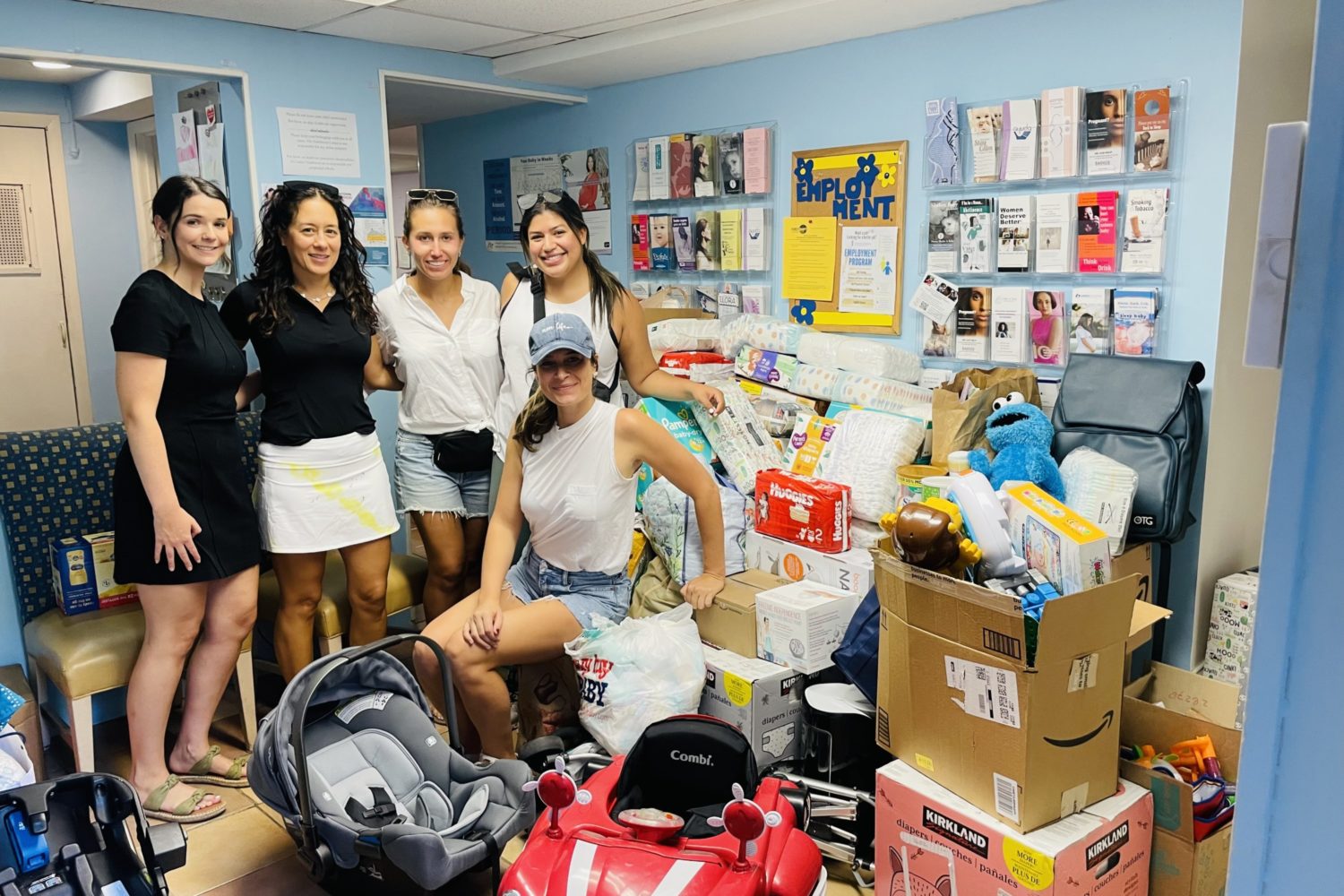#MeToo has transformed from a social media meme into a movement for social change. In recent weeks, women have come forward with allegations of sexual harassment and assault by Roy Moore, Kevin Spacey, Steven Seagal, Louis C.K., Harvey Weinstein, James Toback, Mark Halperin, President George H.W. Bush, and others. Beyond these high-profile reports, there are are innumerable personal posts from everyday women and men outlining the harassment and assaults they’ve suffered. It’s almost inevitable that your children will have heard about the hashtag and the surrounding stories and have a few follow-up questions.
Dr. Mark Novitsky, a board certified adolescent and adult psychiatrist with Potomac Psychiatry, has some advice on how you should approach this conversation.
Combat misconceptions
“It’s important to gather from the child what their understanding of the whole movement is about. They may have some false perceptions, so make sure to correct them.”
Explain sexual harassment
“It can be unwanted advances, inappropriate commenting, explicit statements, and requests for sexual behaviors. Beyond that is sexual abuse and misconduct. It’s all unsolicited. You’re not seeking it. There’s not a consensual element to it.”
Talk to them at their level
“For example, if you’re talking to a four-year-old, review boundaries in a way they can understand. During playtime, you can’t just go up and grab somebody. Consider the swimsuit rule. Anything covered by a swimsuit are your private parts, and your private parts are for you and you only. And you can’t go up and touch anyone else’s private parts.”
Take shame out of the equation
“Let your child know that if any of this were ever to happen to them you would not judge them. Many people are silent because they fear the judgment they will experience as a result of coming forward with their traumas.”
Check yourself
“As parents, we have to be really aware of our own reactions if something has happened to our child. We’re going to be frustrated and scared. It’s not a comfortable feeling. Our natural reaction might be to say, ‘Why were you even talking to that boy? Why did you put yourself into that situation? Why did you go to that party?’ Rather than be critical and quickly point blame–because you’re also thinking you should have been a better parent and more aware–you should be supportive.”
Report it
“Get as much information as you can: what, where, why, how – and then inform the proper authorities.”
Model appropriate behavior
“The best teaching is what parents do day in and day out. Your children will try to emulate the way you conduct yourself, so act accordingly.”
If you’re seeking further resources to discuss or address issues surrounding sexual harassment, Dr. Novitsky recommends Better Brave.

